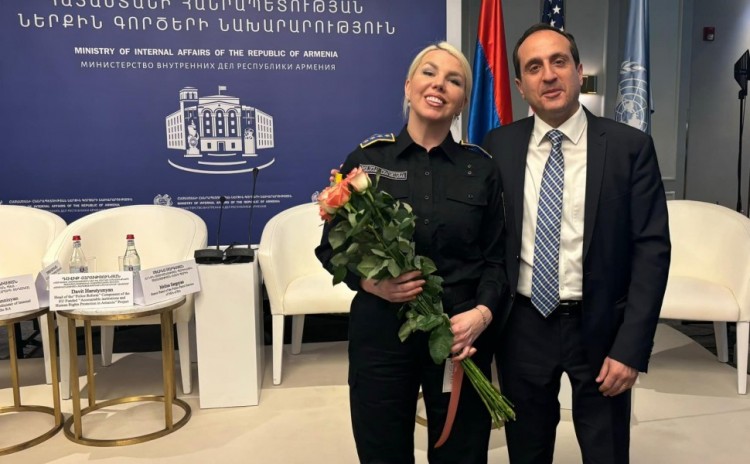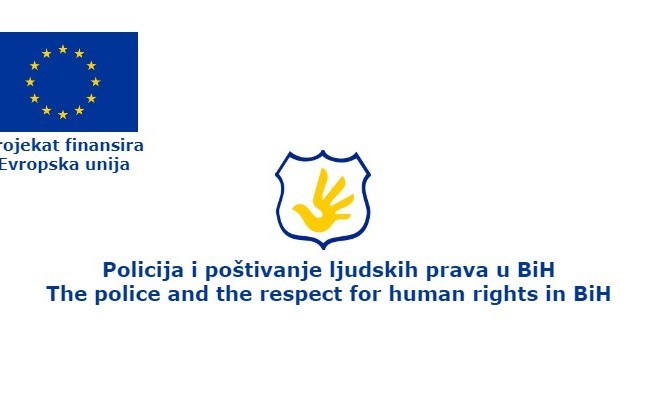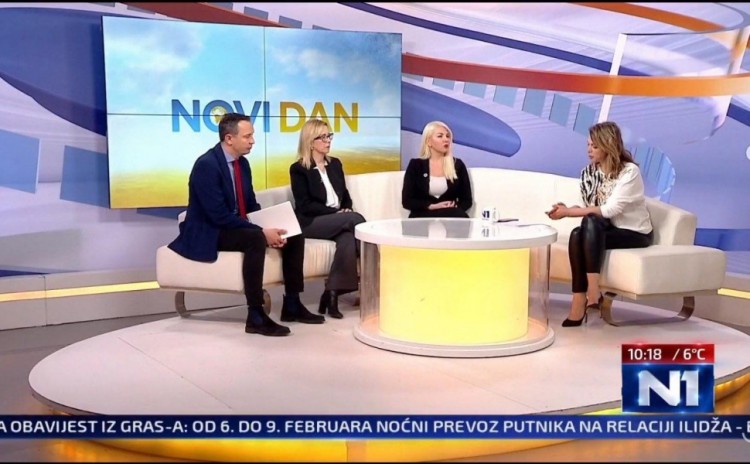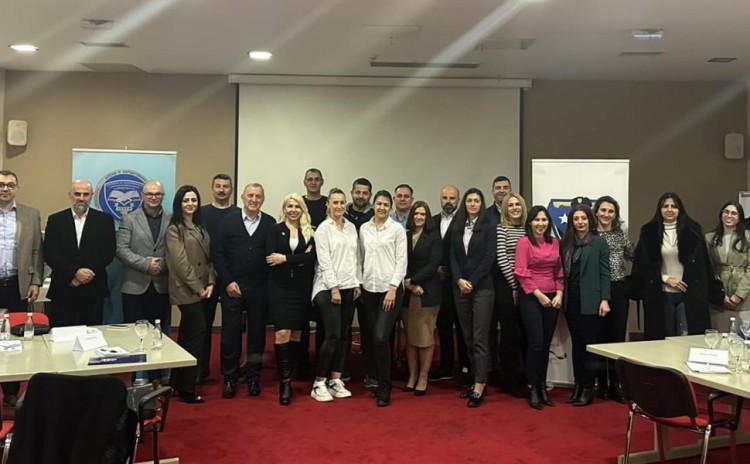
EU support
The implementation of the project “The police and the respect for human rights in BiH” has started
Even though the legislative and institutional frameworks on fundamental rights are largely established in BiH, women are still not equal to men in exercising their right to participate in the political and public sphere. Patriarchal heritage, traditional and stereotyped patterns that are imposed as social norms, as well as the incomplete implementation and non-improvement of the legal framework, delay the progress of women.
The consequences are such that there is discrimination and limited participation of women in different professions. For example, according to a 2017 study by the Center for Security Studies (CSS), within the project “Enhancing Women’s Visibility in Security Institutions – WISE”, women in police structures are under-represented. Out of the total number of employees in 16 police institutions in BiH, 19,94% are women. The situation is significantly worse when considering the participation of women holding the rank of police officer. Out of the 16.275 police officers, only 7,91% are women.
This is significantly less than is necessary in order to achieve gender equality in accordance with the Law on Gender Equality in BiH (at least 40% of the under-represented gender). If BiH really wants to become a member of the European Union (EU), the country has to achieve the necessary degree of compliance with the membership criteria. This was pointed out in the European Commission’s Opinion on BiH’s EU membership application of 2019, which states that a fundamental improvement of the legislative and institutional frameworks in the field of fundamental rights is necessary.
Police agencies, on the other hand, are trained and have to follow the guidelines in using their authority. However, reports show that there are still cases of abuse of power, police misconduct and human rights abuses. Control and oversight mechanisms are in place to ensure that this does not happen. Nevertheless, CSS research, as well as other reports, showed that human rights protection mechanisms (such as the Ombudsman institution, the Citizens’ Complaint Board and internal controls) had limited success. The main reasons are the lack of trust in these bodies and the large number of complaints which are considered unfounded, which shows that citizens need to become more familiar with mechanisms in place to protect rights in the case of abuse of police powers.
For these reasons, the CSS in cooperation with the “Police Women’s Network” Association and the Geneva Centre for Security Sector Governance (DCAF), started implementing the project “The police and the respect for human rights in BiH” in January this year. The project is funded by the European Union, and the overall objective of the project is to strengthen human rights within police agencies and when exercising police powers. More precisely, the specific objectives are:
- improve gender equality in police agencies
- promote the role of women in the police
- improve respect for human rights in the exercise of police powers through the promotion of human rights protection mechanisms in the case of abuse of police powers.
The project “The police and the respect for human rights in BiH” is funded by the EU through the European Instrument for Democracy and Human Rights, and project activities will be implemented over a 20-month period.


